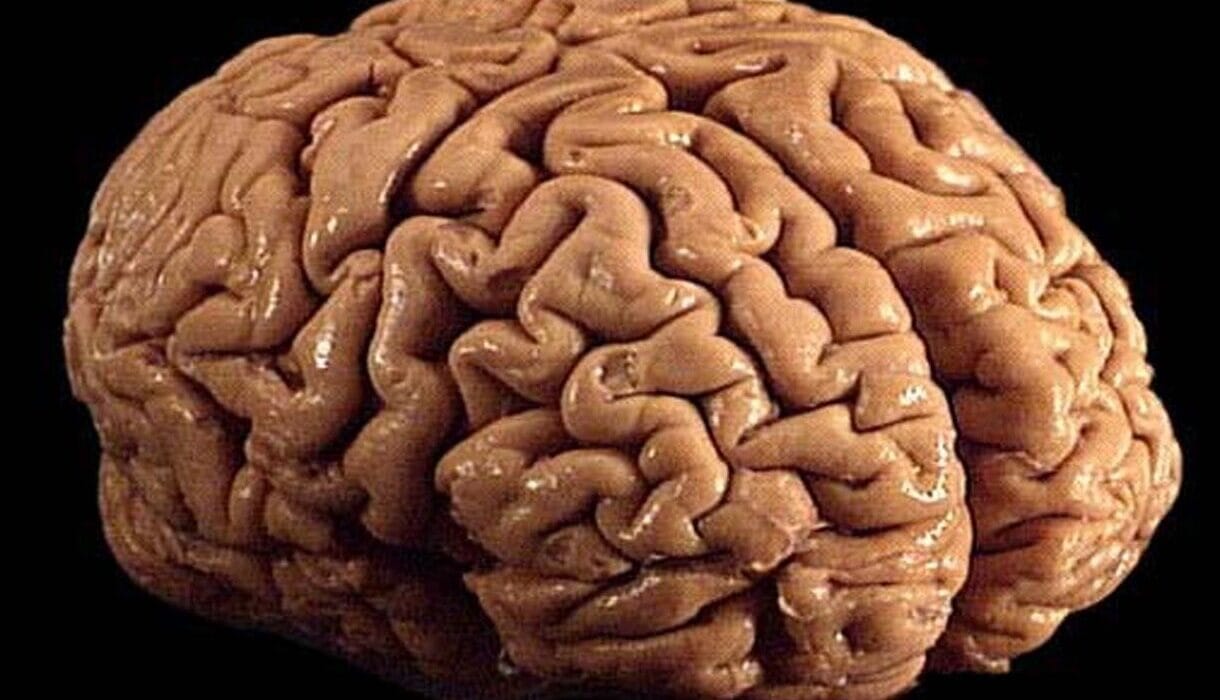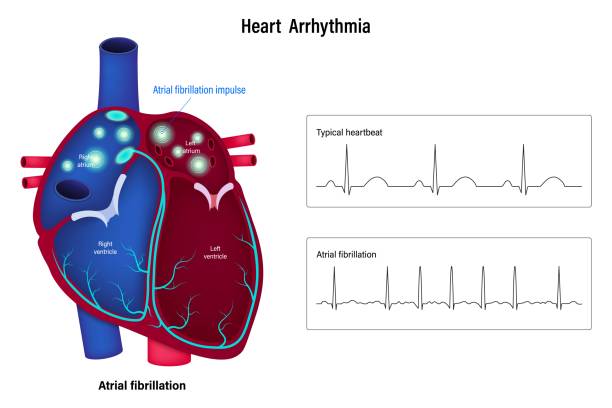Back pain that lingers long after the initial injury. Headaches that pulse through your skull week after week. A joint that throbs with every step. The aftermath of cancer treatment that leaves your body aching in unfamiliar ways. These are just some of the faces of chronic pain, a condition that shadows more than one in five adults globally. It can be invisible, misunderstood, and devastating. And in many cases, pills alone don’t cut it.
But what if pain relief didn’t come from the pharmacy—but from your own mind?
A new scientific review published in The Lancet today is pushing the boundaries of how we understand chronic pain—and how we treat it. The findings suggest that psychological therapy isn’t just helpful in coping with pain emotionally. It may also bring about measurable physical changes in the brain and spinal cord that reduce pain at its neurological roots.
Led by Professor Lene Vase, a psychologist and medical doctor at Aarhus University in Denmark, the study may mark a turning point in the global search for effective, long-term relief for millions of people.
More Than Just in Your Head
Psychological therapy has long been used as an adjunct treatment for pain. Cognitive behavioral therapy (CBT), mindfulness, acceptance-based therapies—these have been shown in countless clinical trials to help people feel better. But until now, there’s been a lingering question: Is this just about changing how people think about their pain? Or is something deeper happening—something biological?
“We already knew that psychological therapy could help patients suffer less,” explains Professor Vase. “What we wanted to understand was how that relief happens. Are we just distracting the brain? Or are we reshaping it?”
To find out, Vase and her team reviewed dozens of studies that used advanced neuroimaging and physiological monitoring to track what happens in the nervous system when people with chronic pain undergo psychological therapy. While individual studies often had small sample sizes and inconclusive results, the meta-analysis revealed a striking pattern.
The Brain on Pain—and on Therapy
At the heart of the research lies a network of interconnected brain regions that process pain—not just its physical sensation, but its emotional sting and cognitive weight. When chronic pain takes root, it’s not simply a matter of nerves being overly sensitive. The brain itself can become trapped in a feedback loop, where pain pathways remain active even when the original injury is long gone.
“Pain is not just a signal from the body. It’s a story the brain tells,” says Vase. “And sometimes that story becomes a tragedy that repeats itself.”
Among the most critical players in this process is the default mode network (DMN), a part of the brain that lights up when our minds wander—when we’re daydreaming, reflecting, or slipping into automatic thoughts. In people with chronic pain, this network can become tangled with the brain’s pain-processing regions, like the insula and anterior cingulate cortex, intensifying the experience of suffering.
But here’s where it gets interesting: Psychological therapy—especially cognitive behavioral therapy—can change this wiring.
How CBT Rewires the Pain Network
Cognitive behavioral therapy doesn’t attempt to convince people that their pain “isn’t real.” Instead, it helps them notice and challenge the automatic thoughts and emotional responses that often accompany pain: fear, catastrophizing, hopelessness, avoidance.
“These aren’t just mood problems—they’re pain amplifiers,” says Vase. “When we teach people to recognize and gradually change these patterns, we see corresponding shifts in the brain’s connectivity and neural activity.”
In the reviewed studies, participants who underwent CBT showed reduced activity in the DMN, less connectivity between pain and emotion centers, and even increased gray matter volume in regions associated with emotion regulation and attention. These are not minor shifts—they reflect fundamental changes in how the brain processes pain signals.
Crucially, these brain changes were not just academic curiosities. They were correlated with real-world improvements: less reported pain, better physical function, fewer pain-related thoughts, and an enhanced quality of life.
Pain as a Learned Experience—and One That Can Be Unlearned
The findings echo a growing body of research that views chronic pain not just as a symptom, but as a condition of the nervous system itself—a learned state that, under the right conditions, can be unlearned.
This idea challenges long-standing assumptions in medicine. For decades, pain was primarily understood through a biomedical lens: something caused by tissue damage, inflammation, or disease. And while those factors absolutely matter, chronic pain often persists even after the initial cause is gone. In some cases, the body heals, but the brain doesn’t get the message.
By reframing pain as a dynamic, plastic process shaped by both biology and psychology, treatments like CBT gain new scientific credibility—not as mere coping strategies, but as neurological interventions.
Beyond the Couch: Who Can Deliver This Therapy?
Not everyone who suffers from chronic pain has access to a psychologist. In fact, mental health resources are stretched thin in many parts of the world. That’s why Vase emphasizes that psychological pain treatment isn’t limited to the therapist’s office.
“Doctors, physiotherapists, nurses—they can all help guide patients toward pain-relieving thought patterns,” she says. “And some people can learn these skills on their own, especially with the help of technology.”
Indeed, the study points out that there are more than 500 mobile apps already on the market claiming to offer psychological pain relief. While few have been rigorously tested, some—including those based on CBT—show promise.
Vase’s advice? “If I were choosing for myself, I’d look for an app grounded in cognitive behavioral therapy. That’s where the evidence is strongest.”
A Revolution in the Making
The implications of this research ripple far beyond the treatment room. If psychological therapy can physically reshape the brain’s pain-processing mechanisms, then our entire approach to chronic pain needs rethinking.
This could mean:
- Expanding insurance coverage for psychological therapies as legitimate pain treatments
- Integrating pain psychology into standard medical education
- Encouraging collaborations between neuroscientists and clinical therapists
- Rethinking drug-first strategies that don’t address the brain’s role in pain
Vase is optimistic but measured. “We’re not saying that psychological therapy replaces all other treatments,” she says. “But it’s time we stopped thinking of it as a soft or secondary option. For many patients, it may be the most important part of their healing journey.”
Pain Relief from Within
In a world saturated with quick fixes and pharmaceutical promises, the idea that our minds can help heal our bodies is both ancient and radical. It’s also increasingly backed by science.
Vase’s research doesn’t promise a miracle cure. But it does offer something arguably more powerful: hope, grounded in neuroscience, that chronic pain isn’t a life sentence. It’s a condition we can better understand—and potentially rewire—from the inside out.
As researchers continue to unravel the links between thought and sensation, emotion and nerve signal, one message emerges with clarity: the brain is not just where we feel pain—it may also be where we begin to heal it.
Reference: Lene Vase et al, Opportunities for chronic pain self-management: core psychological principles and neurobiological underpinnings, The Lancet (2025). DOI: 10.1016/S0140-6736(25)00404-0






